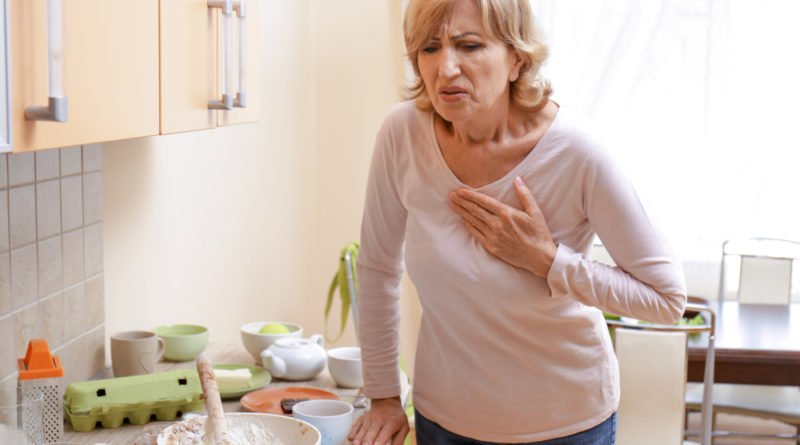How to Decrease the Risks of Cardiovascular Diseases in Winter
The human body is designed to adjust its core body temperature and keep us warm whenever the ambient temperature drops.
This automatic adjustment, however, can be more arduous for people with heart disease. If a person is unaware of having a heart problem or the problem is untreated, it can become life-threatening.
The heart needs to operate harder to maintain body warmth when exposed to colder weather. The body loses body heat and energy faster than it can produce it. The blood vessels become narrow so that our hearts can focus on sending blood to the brain and other vital organs. The phenomenon is called vasoconstriction.
Since low temperature leads to vasoconstriction, the heart will have to work harder than usual to circulate the blood, which increases heart rate and blood pressure.
And in the worst-case scenario, viscous blood causes blood coagulation, increasing the risk of heart disease and stroke.
Studies have found that the probability of venous thrombosis in winter is 14 percent higher than in other seasons, especially in January, when venous thrombosis increases by 20 percent. Older people are particularly more vulnerable during the chilly seasons.
The study of the correlation between winter and venous thrombosis, published by Future Medicine Journal on Nov. 3, 2011, concluded that wind chill could influence body heat loss. The study said that “in simulated environments, even mild surface cooling in moving air over a few hours can increase by 20 percent in blood viscosity.”
Colder temperatures can also result in lower body temperatures. Physical activity is drastically limited, especially in elderly subjects.
Understanding how cold weather impacts our body and heart health is crucial.
To ensure body heat is maintained, stay indoors as much as possible when the temperature drops. The room temperature should remain at least 18 degrees centigrade, equivalent to 64 degrees Fahrenheit.
Wear socks, pullovers, and or blankets. If possible, using Thermo or electric blankets can help you stay warm at night. If you have to be outside in the cold, wear additional thin layers of clothes to stay warm. Wearing light layers of clothes reserves more heat than one thick layer.
Hats and scarves will warm your head when the heart has to work harder to circulate blood to your brain. Gloves can also help maintain the core body temperature.
Stay active indoors to improve the core temperature and strengthen the immune system. There are many free stay-at-home workout videos available. Yoga and stretching can be good gentle exercises for seniors.
Enjoy a cup of a hot tea or some hot curry to provide energy and calories for your body. A bowl of hot, homemade minestrone soup is hearty, nutritious, and warms your stomach.
If you experience angina pectoris (chest pain), wrap a scarf loosely around your mouth and nose or wear a mask to inhale warmer air. Breathing in warmer air keeps your symptoms from significantly worsening in the winter.
Hydrate regularly. The risk of contracting winter influenza heightens in colder climates. People with heart disease and COVID-19 are more prone to getting the flu, and symptoms can be more severe.
Winter is a vulnerable season for older people and patients with heart disease. It is important to strengthen your immune system to speed up recovery if you get sick.
Regarding regulating body temperature, it is an obstacle for the elderly and young children. Their inability to adjust body temperature quickly exposes them to higher risks in extreme weather.
So, while taking care of your health this winter, reach out to your grandparents or a sick friend. Keep communication lines open with family and neighbors during the cold to ensure they are safe and keeping warm.






